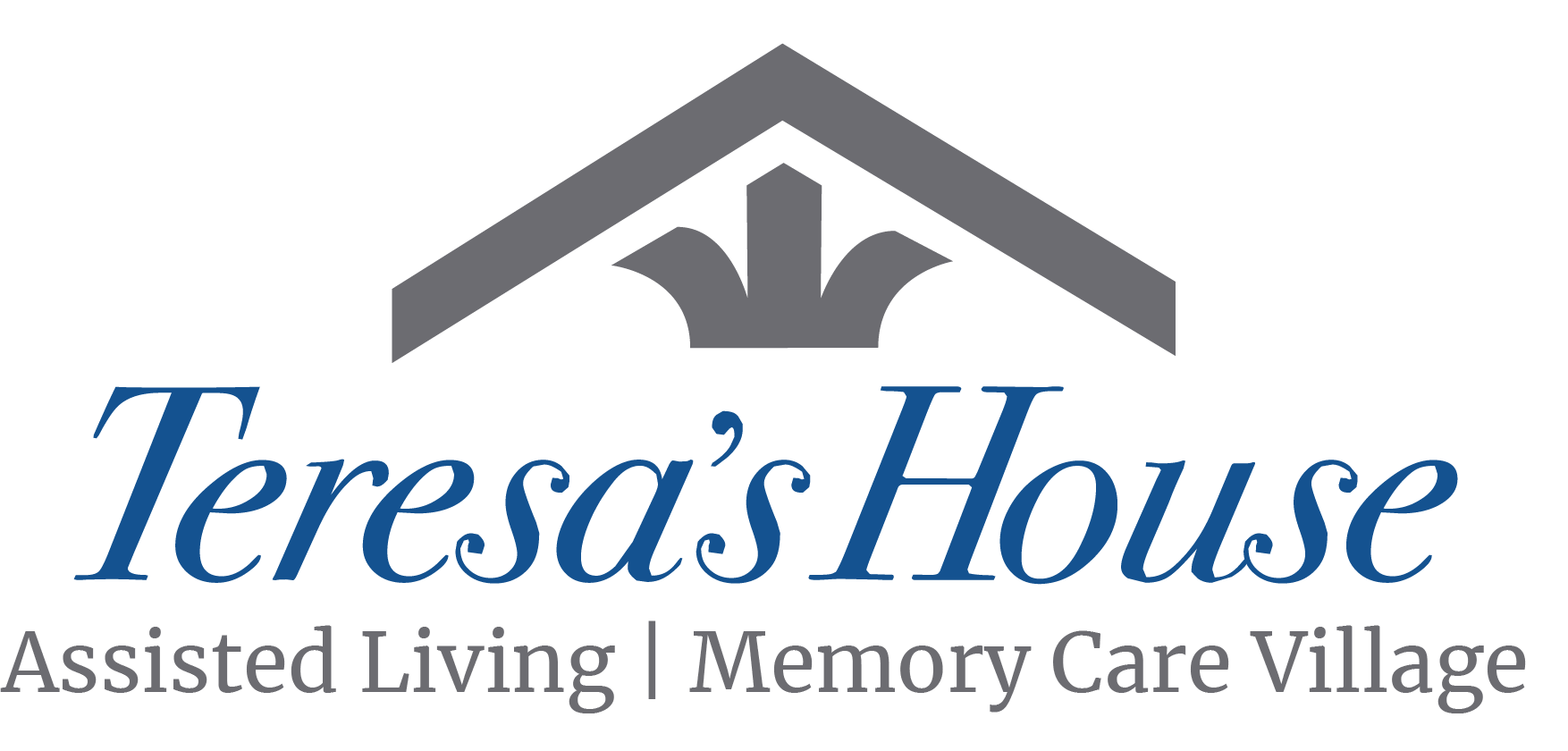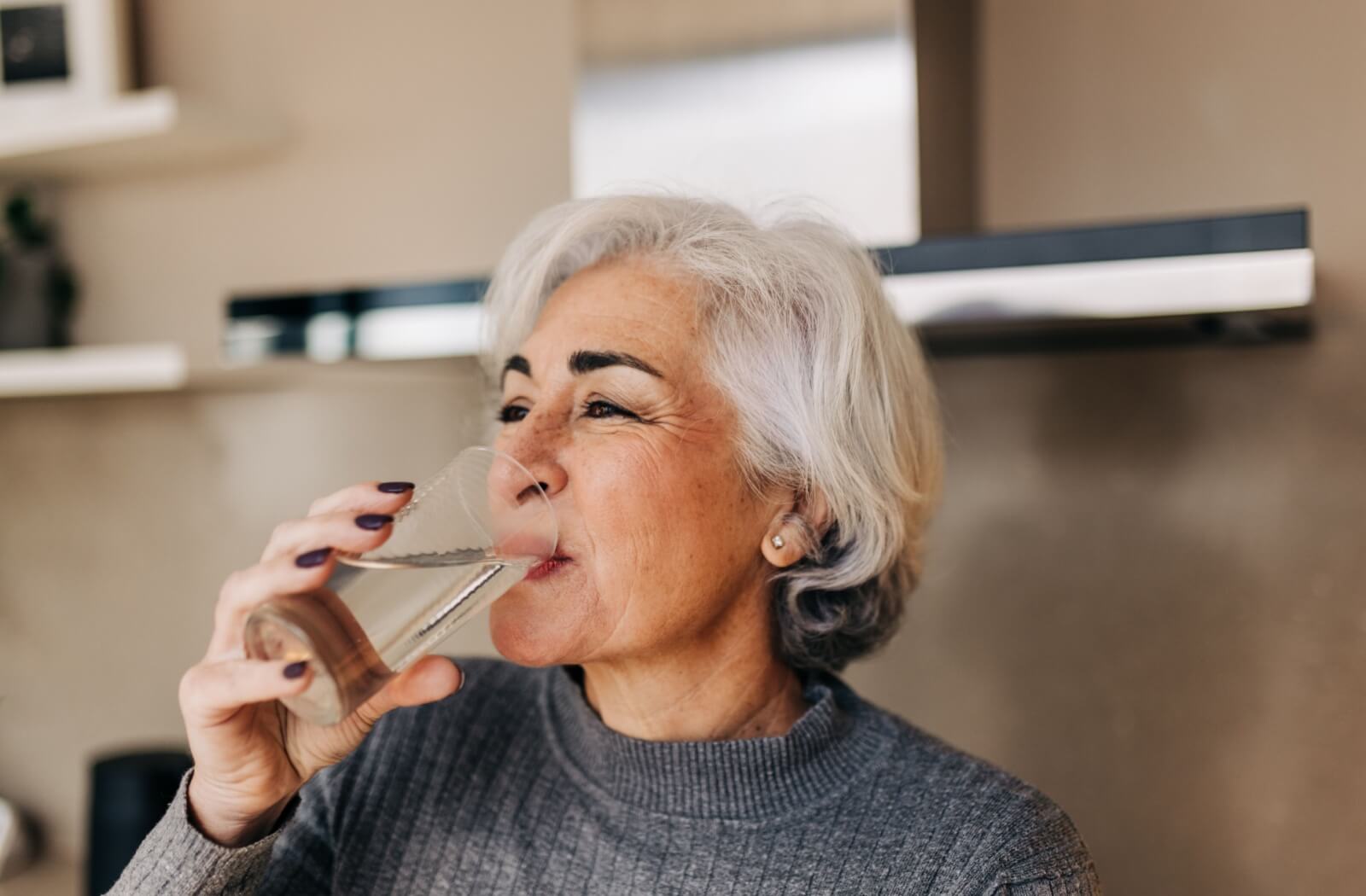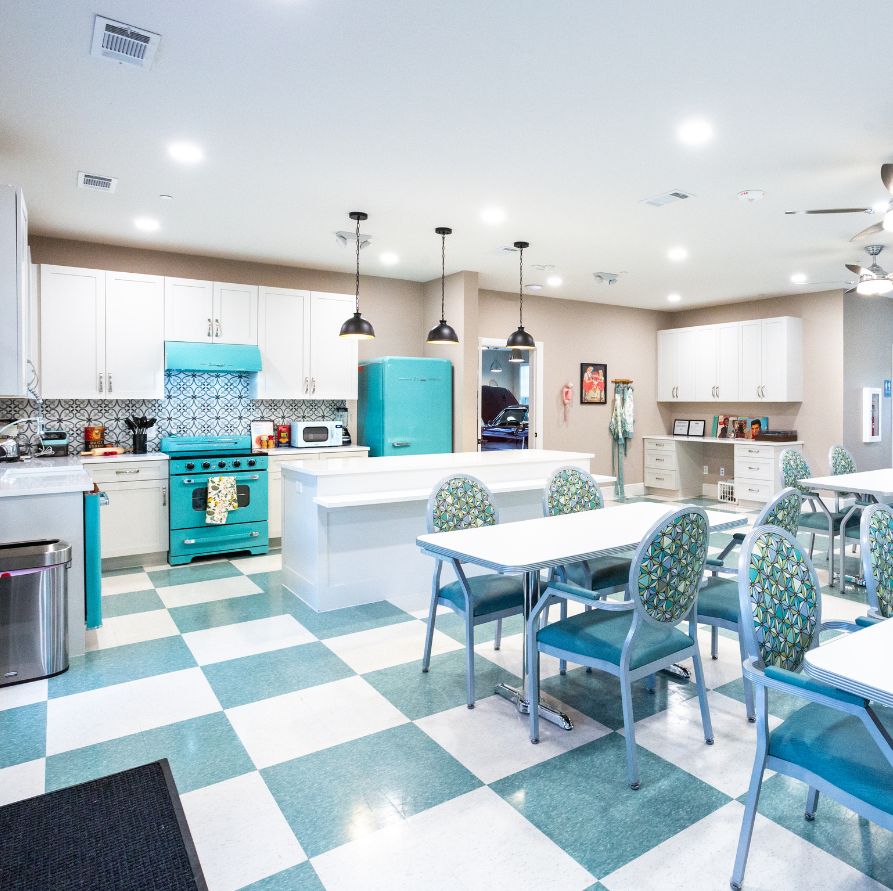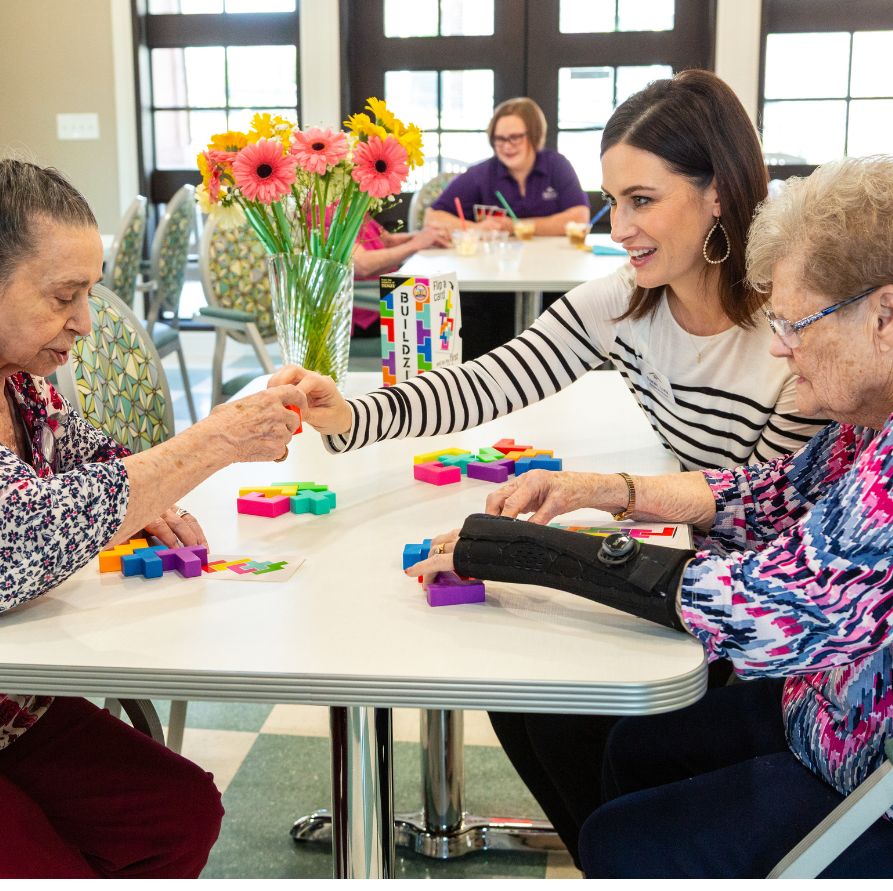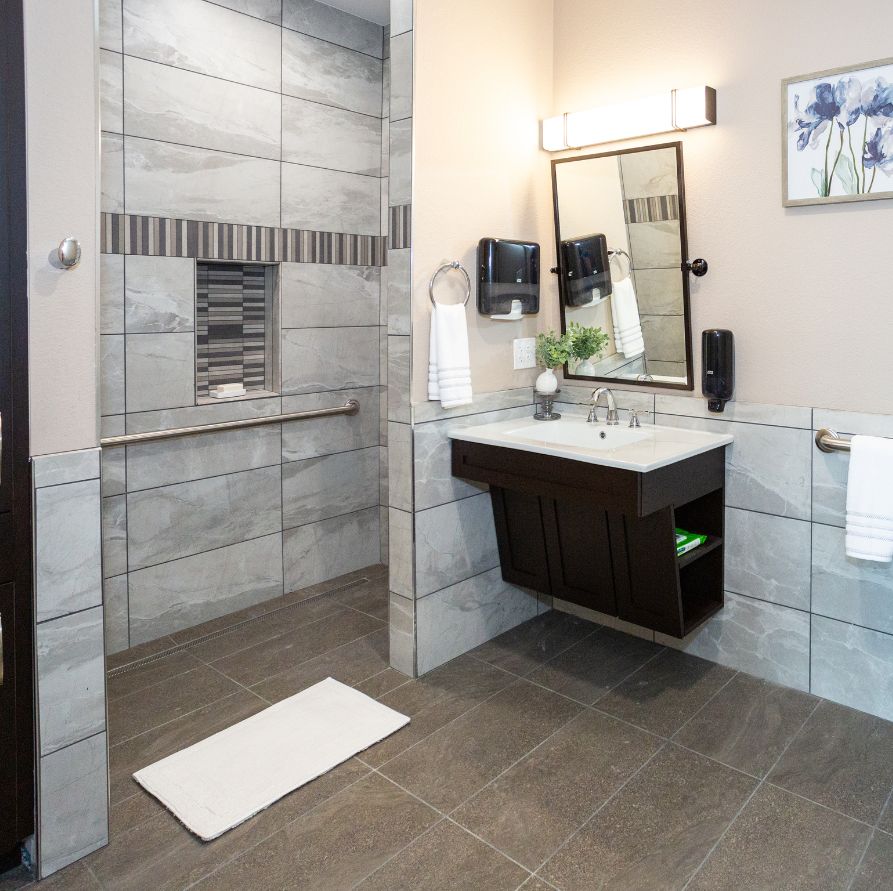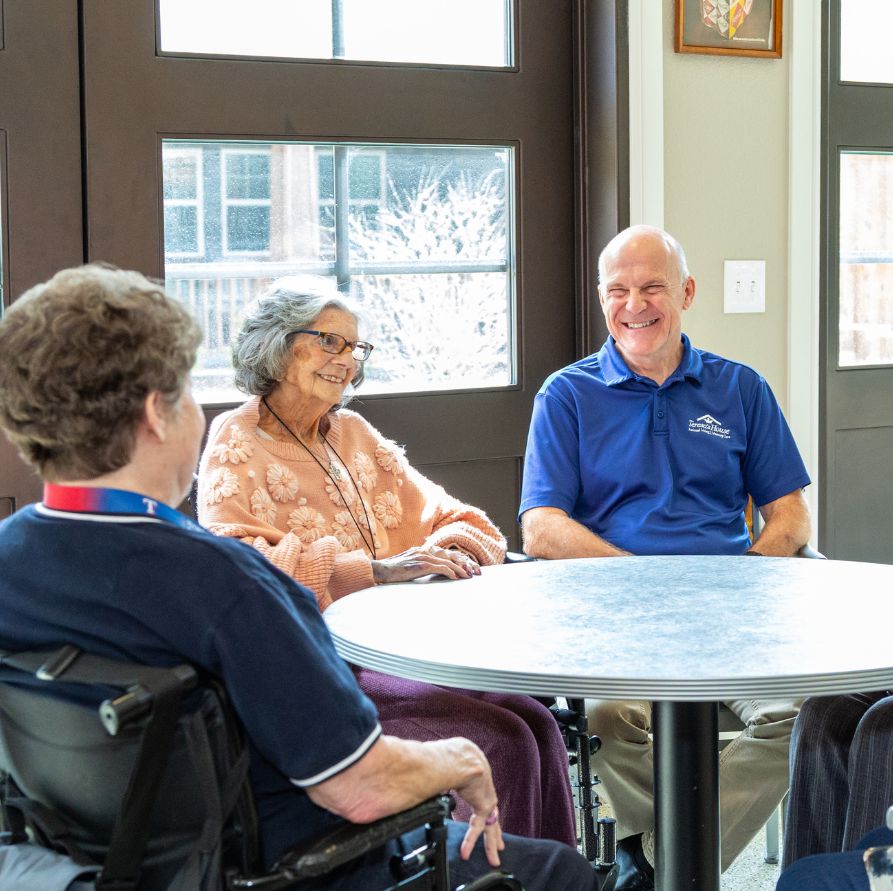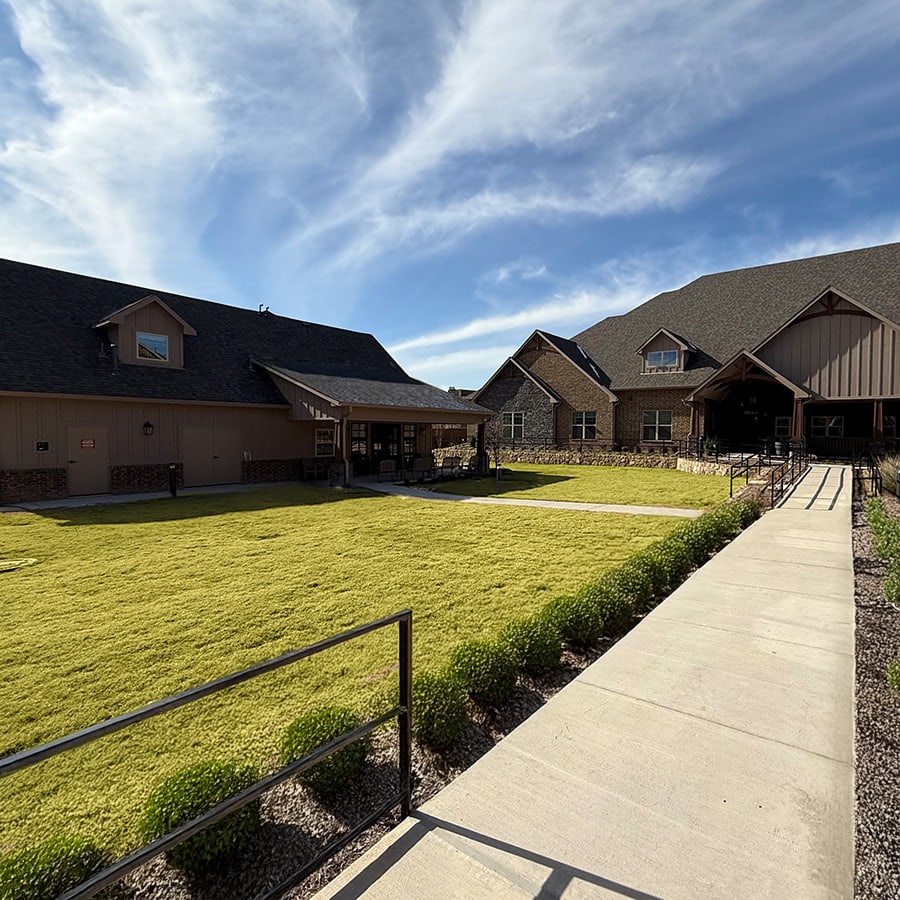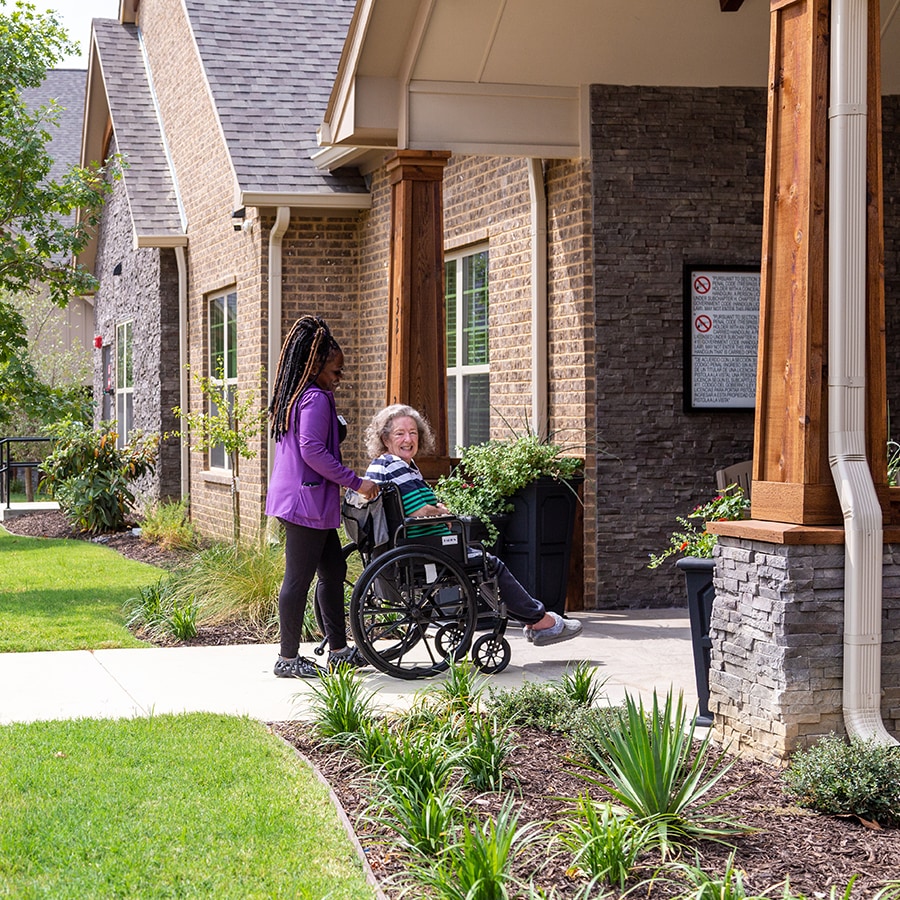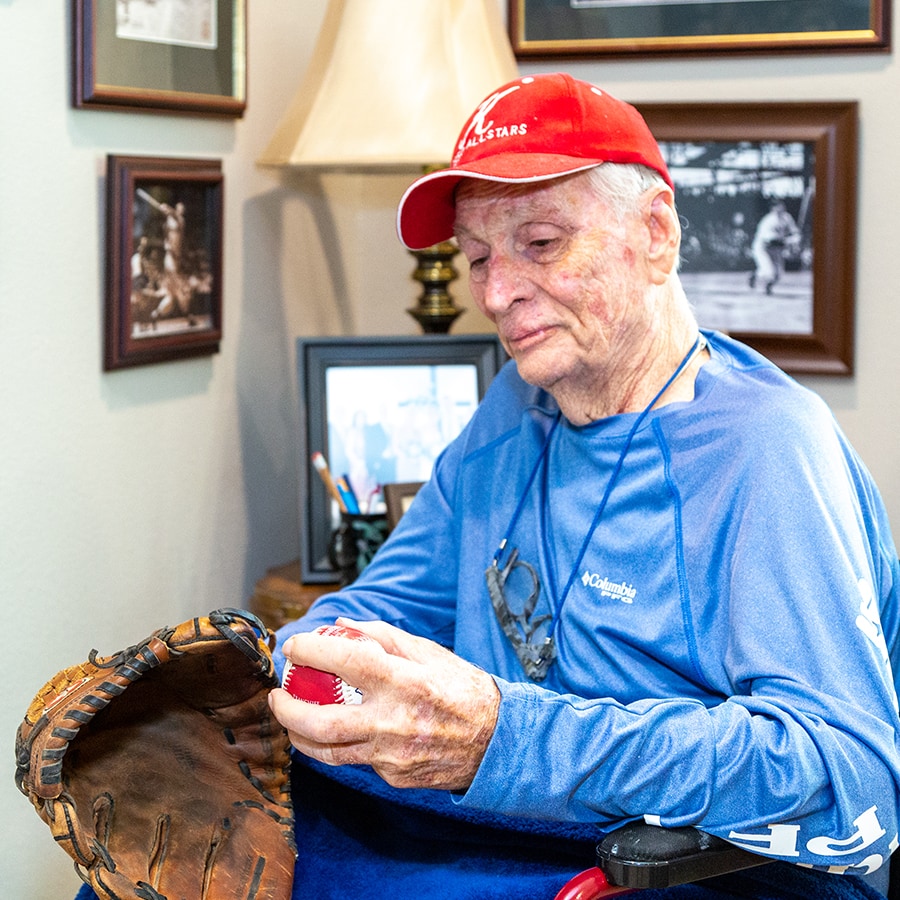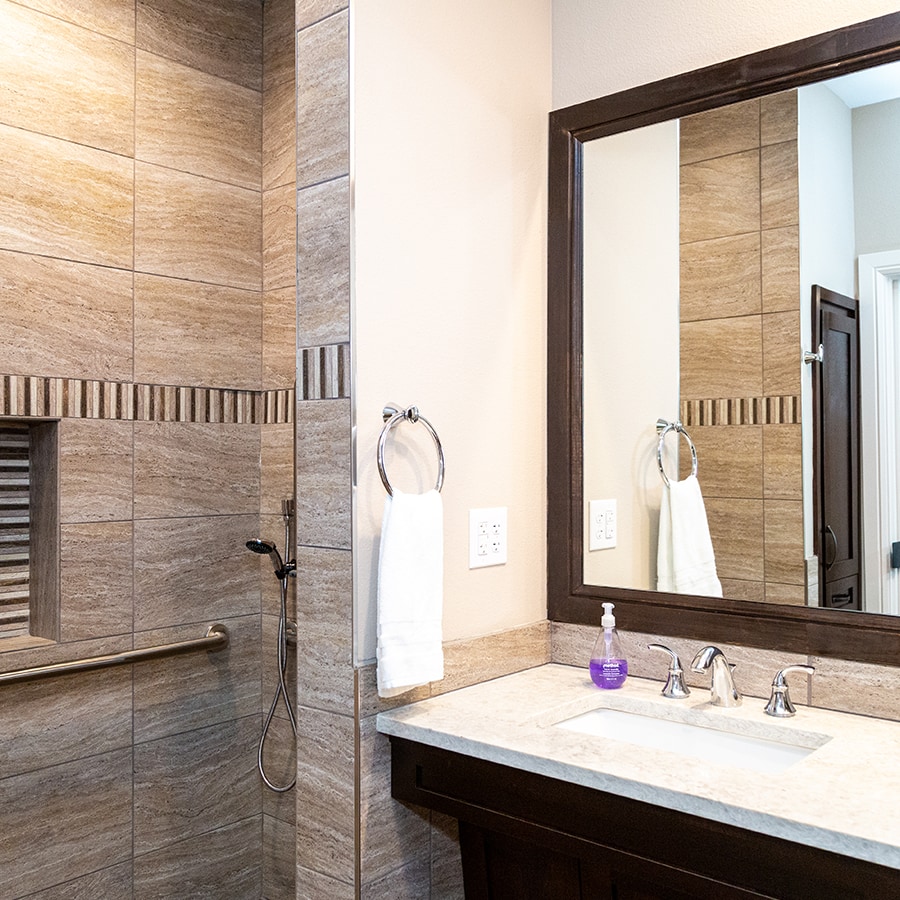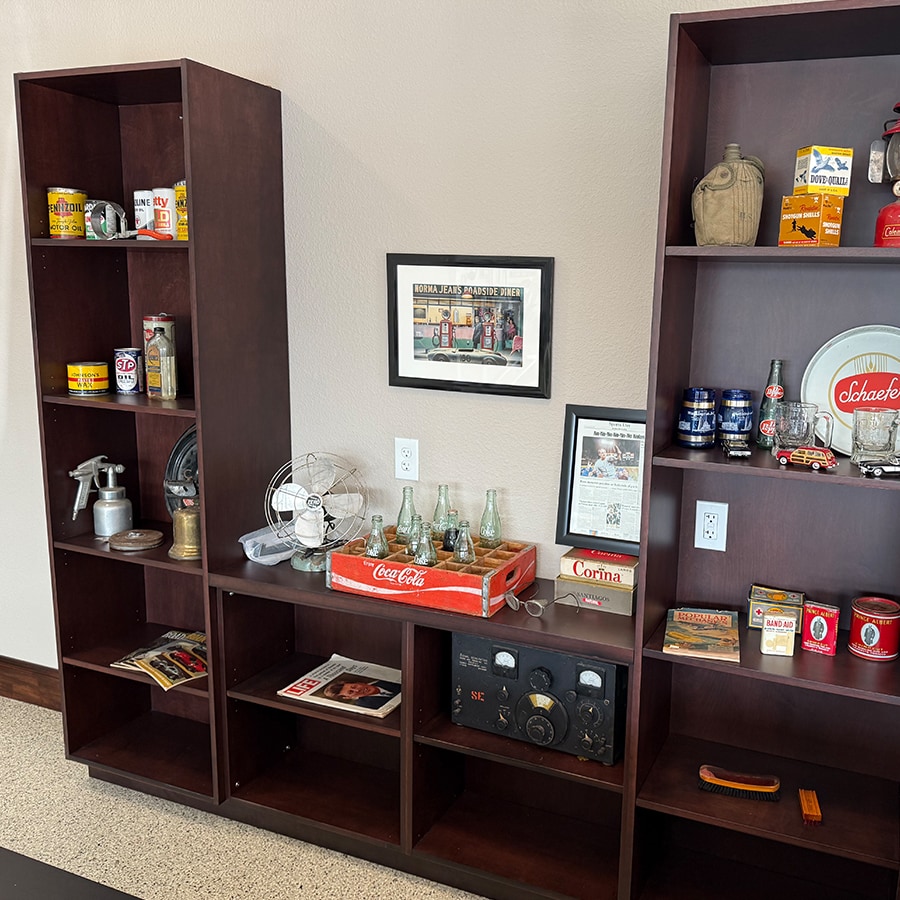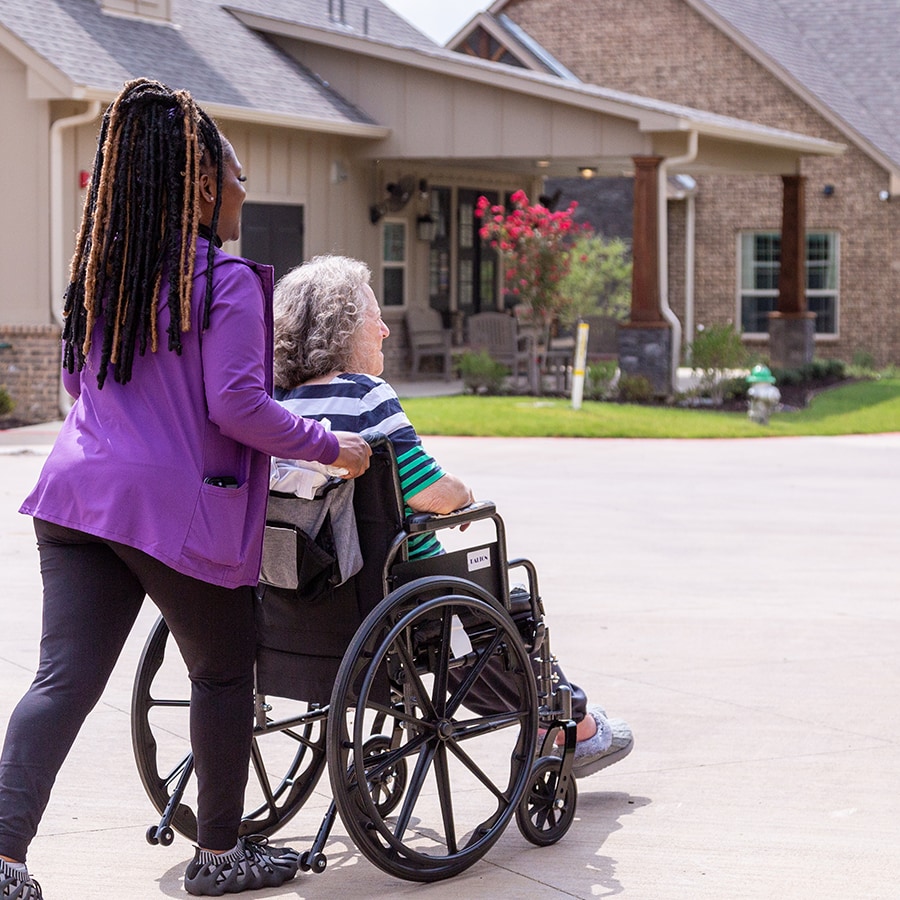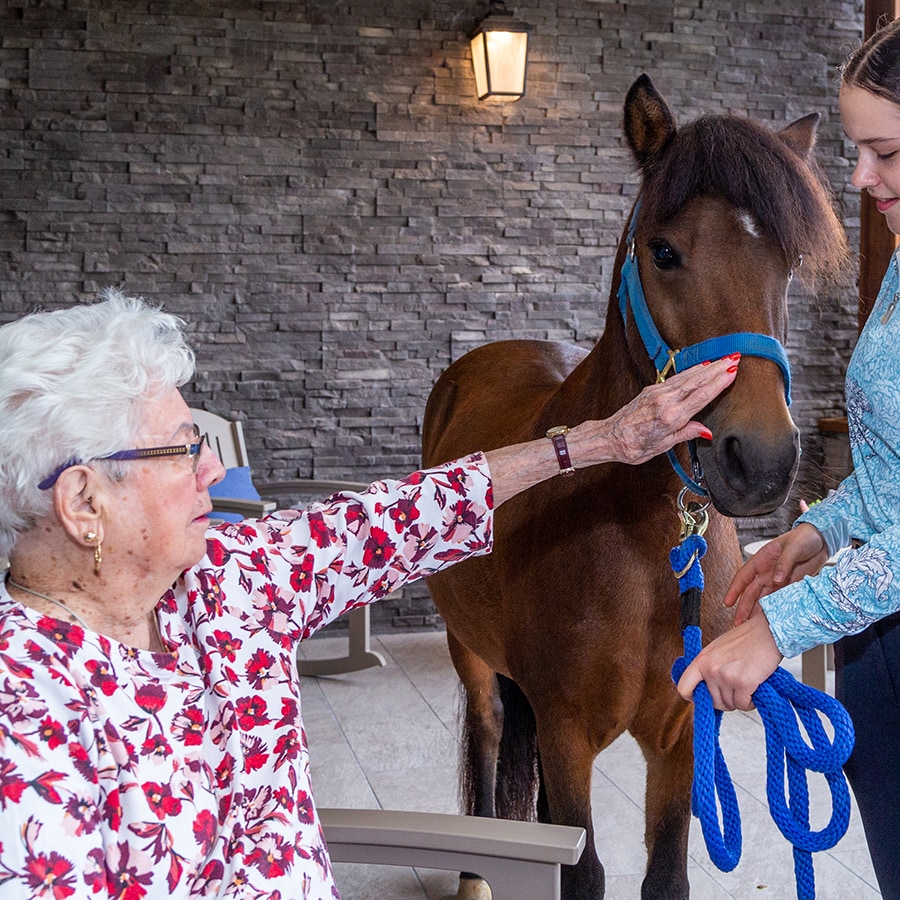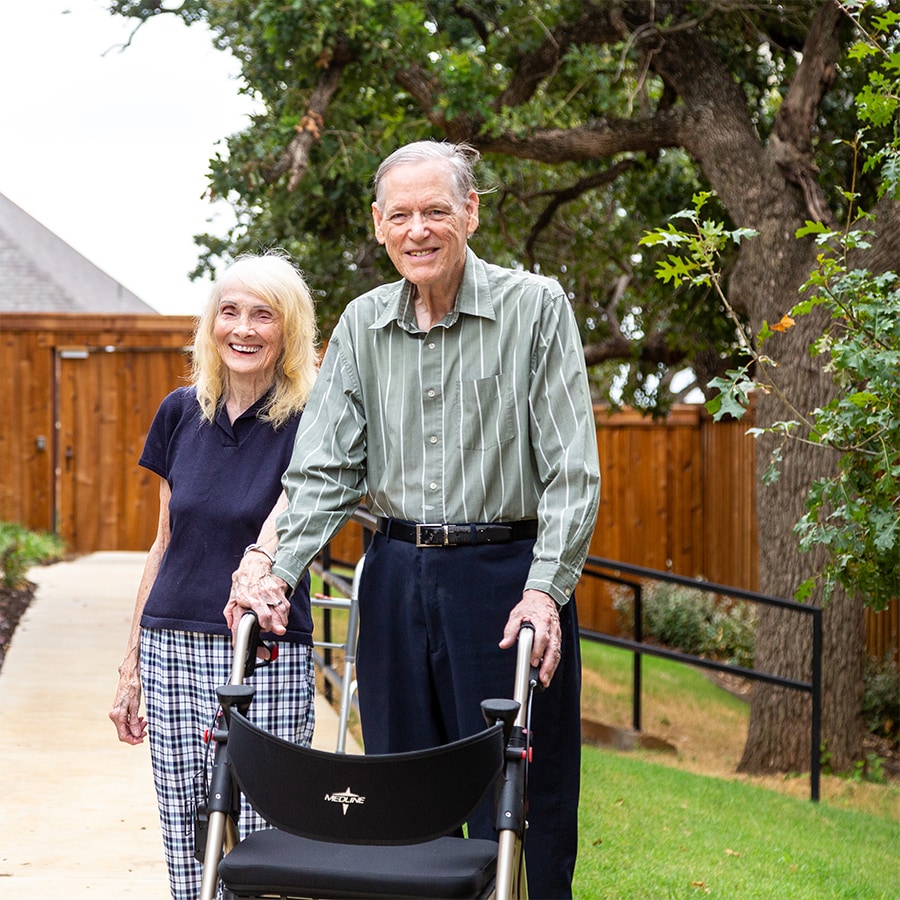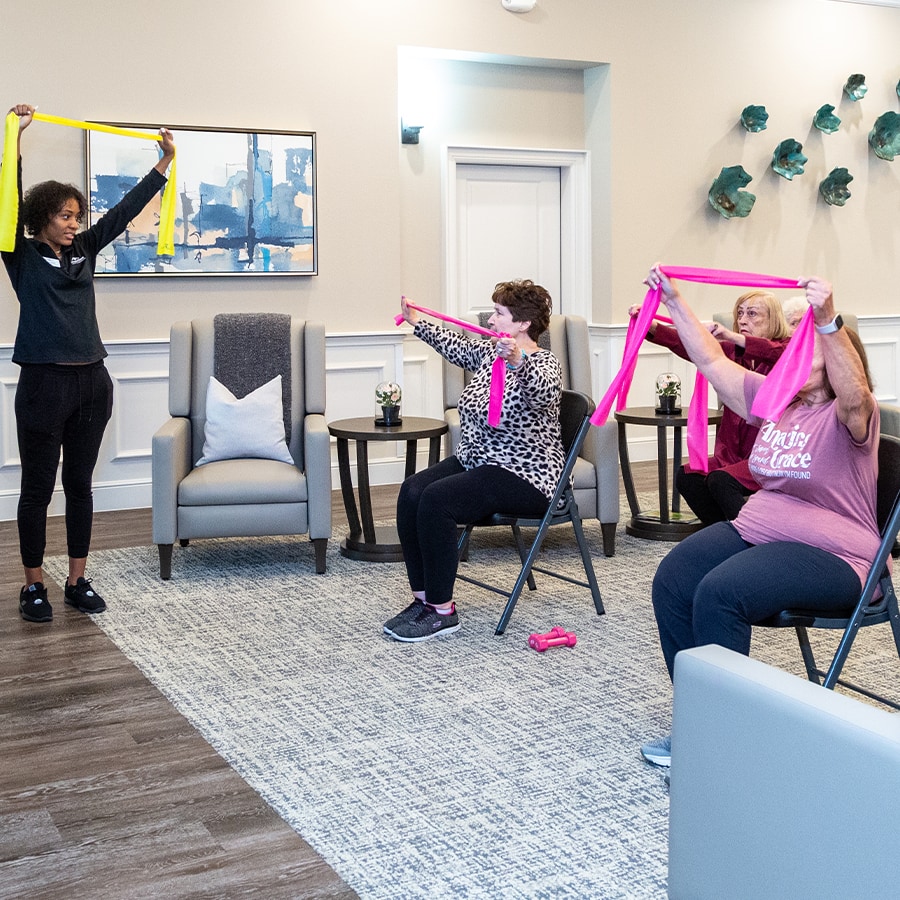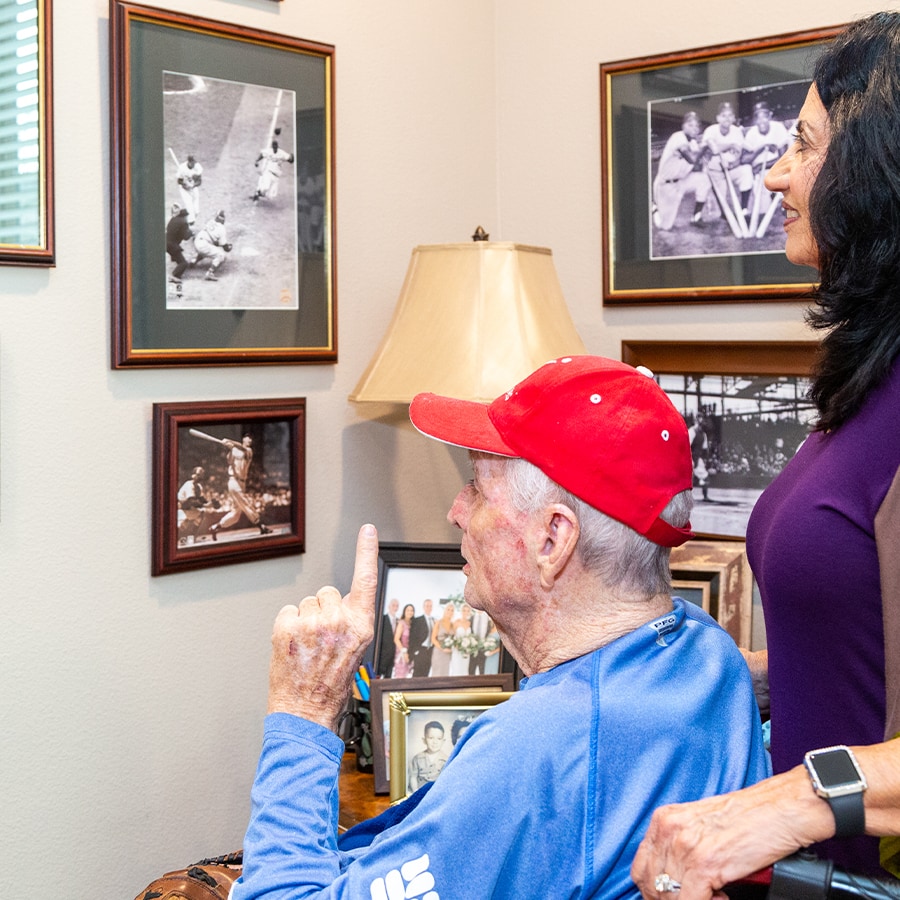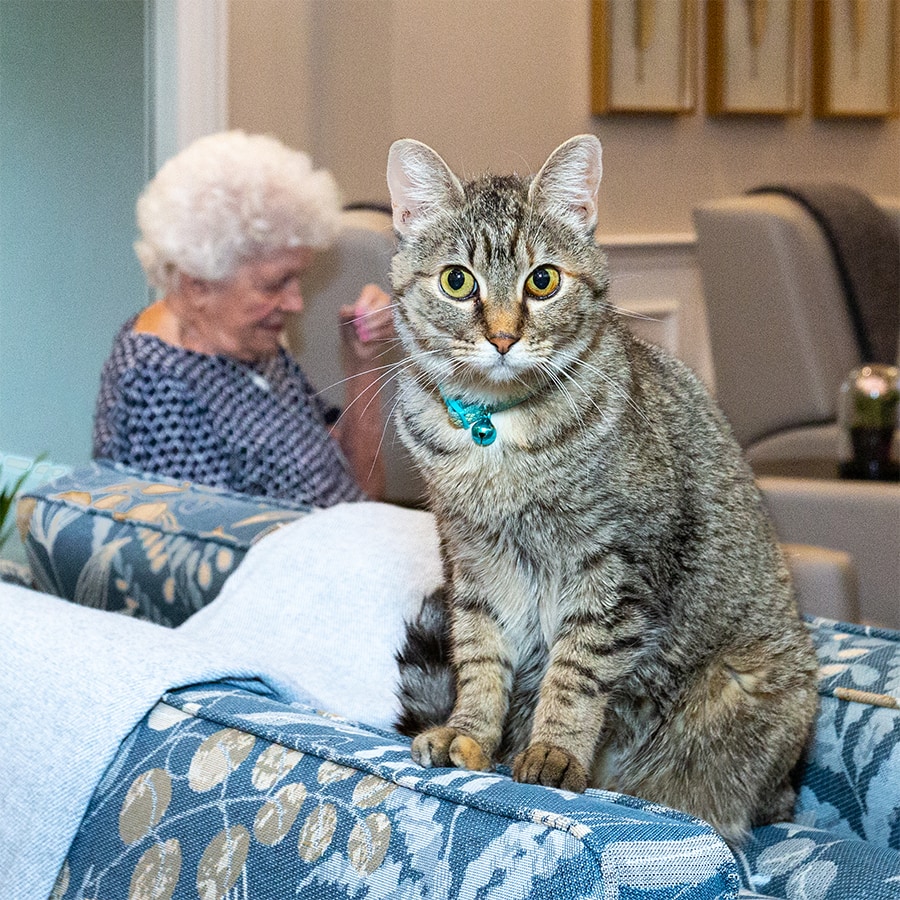Hydration is crucial for maintaining overall health at any age, but it becomes even more essential for seniors. As we age, our bodies undergo various changes that increase the risk of dehydration, making proper fluid intake a challenge and a priority. Whether supporting energy levels, boosting memory, or aiding with daily activities, staying hydrated is vital for seniors to thrive in their everyday lives.
Hydration’s Role in Senior Health
Water is life. Proper hydration is not just about managing thirst for seniors; it’s about maintaining a foundation for good health, especially when it comes to managing age-related conditions.
Hydration’s Impact on Common Senior Health Conditions
Sufficient hydration plays a role in reducing the discomfort or severity of health challenges often faced by older adults, such as:
- Cognitive decline: Dehydration can exacerbate confusion, memory problems, and other cognitive issues. Water supports brain function, which is critical in maintaining sharpness and mental clarity.
- Constipation: Seniors commonly deal with digestive challenges such as constipation. Staying hydrated helps soften stools and promote regular bowel movements.
- Urinary tract health: Dehydration increases the risk of urinary tract infections (UTIs), which are already more frequent in seniors. Drinking enough fluids helps flush out bacteria and reduces this risk.
- Heart and kidney function: Proper hydration is vital for balancing electrolytes and ensuring smooth functioning of the cardiovascular and renal systems.
When hydration is neglected, these conditions often become harder to manage, underlining the importance of regular water intake for overall health.
Why Dehydration Risk Is Higher for Seniors
Seniors face unique physiological and lifestyle challenges that make dehydration more likely. Recognizing these factors can help caregivers and older adults stay proactive about hydration.
Age-Related Changes Contributing to Dehydration
- Lower thirst sensation: Older adults often experience a decreased sense of thirst, which means they may not realize they need fluids until they’re dehydrated.
- Reduced kidney efficiency: Aging kidneys may not retain water as effectively, leading to increased water loss through urine.
- Medication side effects: Many common prescriptions, such as diuretics or laxatives, can lead to increased fluid loss or dehydration.
- Lower body water content: As we age, our bodies naturally hold less water, making hydration even more critical to health.
How to Recognize Signs of Dehydration in Seniors
Dehydration can creep up on seniors subtly, so learning the warning signs is crucial. Common indicators include:
- Dry mouth or cracked lips
- Dizziness or confusion
- Fatigue or weakness
- Dark-colored urine
- Headaches
- Limited urination
- Dry or papery skin
If dehydration is severe, symptoms may escalate to fainting, rapid heartbeat, or difficulty moving, requiring immediate medical attention.
How Staying Hydrated Benefits Seniors
Proper hydration has many benefits beyond simply quenching thirst, helping seniors live vibrant and healthy lives.
Boosts Energy Levels
Fatigue is a common complaint among older adults; even mild dehydration can drain energy. Proper hydration supports cellular functions and maintains electrolyte balance, helping the body stay energized throughout the day.
Enhances Memory & Cognitive Function
Water is essential for brain health. Dehydration can impair focus, short-term memory, and even decision-making abilities. Staying hydrated helps keep the brain sharp, improves mental agility, and reduces cognitive fog.
Supports Overall Health
Hydration plays a key role in regulating body temperature, maintaining skin elasticity, flushing toxins from vital organs, and facilitating muscle function. Whether it’s maintaining mobility or managing chronic conditions, water forms the backbone of overall wellness for seniors.
Supporting Daily Activities with Proper Hydration
Daily activities like gardening, exercise, or even a walk in the park can quickly lead to fluid loss, particularly in warm weather. Seniors who aren’t adequately hydrated before and after these activities are more susceptible to fatigue, muscle cramps, or dizziness.
Key tip? Encourage hydration by incorporating fluids with different activities, like sipping water during a workout or enjoying herbal tea during a quiet evening routine.
Easy Ways to Help Seniors Stay Hydrated
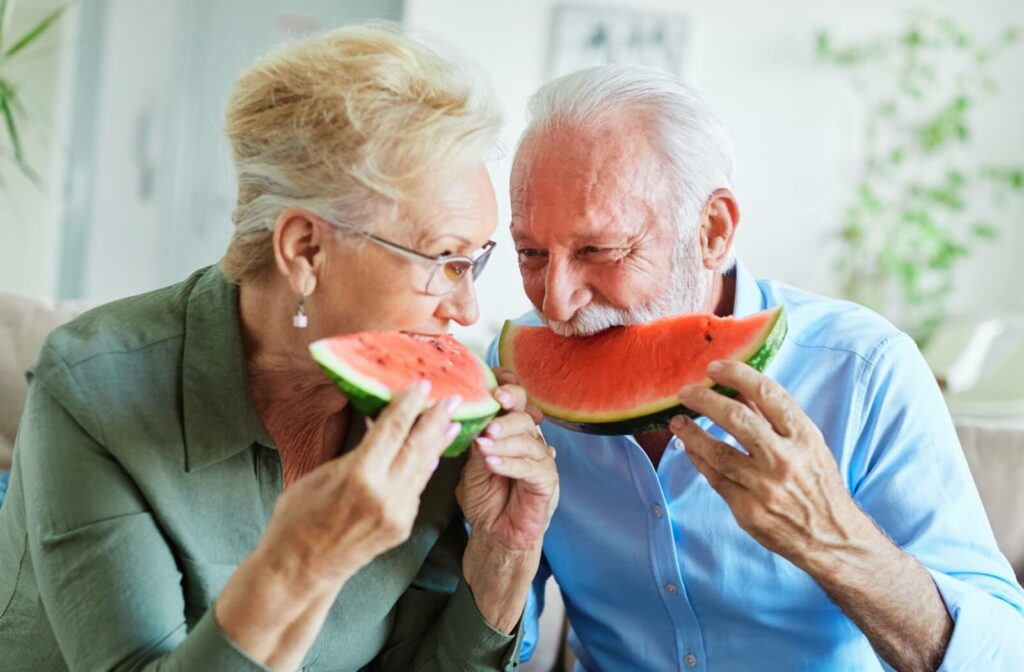
Ensuring seniors stay hydrated doesn’t have to be complicated. Minor adjustments can make a big difference in meeting daily fluid needs.
How to Use Nutrition to Boost Hydration
While water is the best source of hydration, many foods also pack a hydrating punch, adding variety to an older adult’s diet:
- Hydrating fruits and vegetables: Include water-rich produce like cucumbers, watermelon, oranges, and strawberries in meals or snacks.
- Soups and broths: These are hydrating and provide essential nutrients.
- Smoothies: Blend fruits, vegetables, and a splash of water or milk for a tasty and hydrating treat.
- Electrolyte drinks: On particularly hot days or after physical activity, a low-sugar electrolyte beverage can help replenish fluids and electrolytes.
Make Hydration Fun & Accessible
- Offer fluids in appealing glasses or bottles to increase their intake.
- Infuse water with fruits, mint, or a squeeze of lemon for flavor and refreshment.
- Set reminders for regular water breaks through apps or gentle prompts during the day.
How Senior Living Communities Support Senior Hydration
Senior living communities can play a substantial role in fostering good hydration habits through dedicated programs and systems:
- Meal and beverage plans: Communities often provide access to water and hydrating beverages with every meal to maintain consistency.
- Hydration monitoring: Many facilities use systems to track water intake and reduce dehydration risks for residents with additional health concerns.
- Engagement activities: Fun events like “hydration happy hours” and education programs promote drinking fluids throughout the day.
Families and friends can take inspiration from these community initiatives and implement similar hydration routines at home for seniors living alone.
Hydration is the Key to Healthy Aging
For seniors, staying hydrated is about so much more than avoiding thirst. It’s about improving energy, managing chronic conditions, and enjoying life fully.
Argyle at Teresa’s House promotes education about hydration to all our residents because we know that by understanding their unique hydration needs, seniors can maintain a healthier, more vibrant lifestyle. Contact us today to learn how we can support you or your loved one in creating hydration routines and enriching your health habits.
